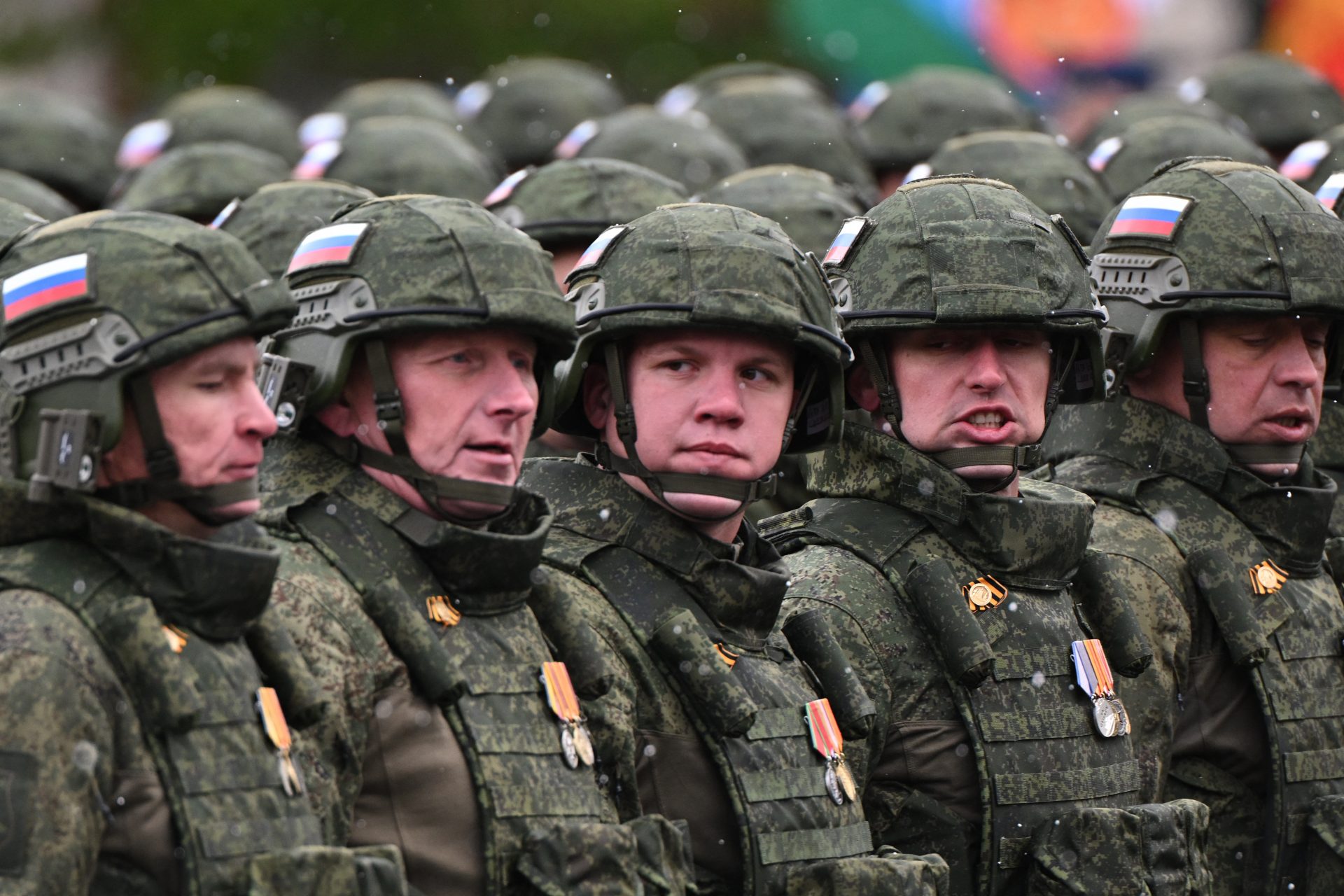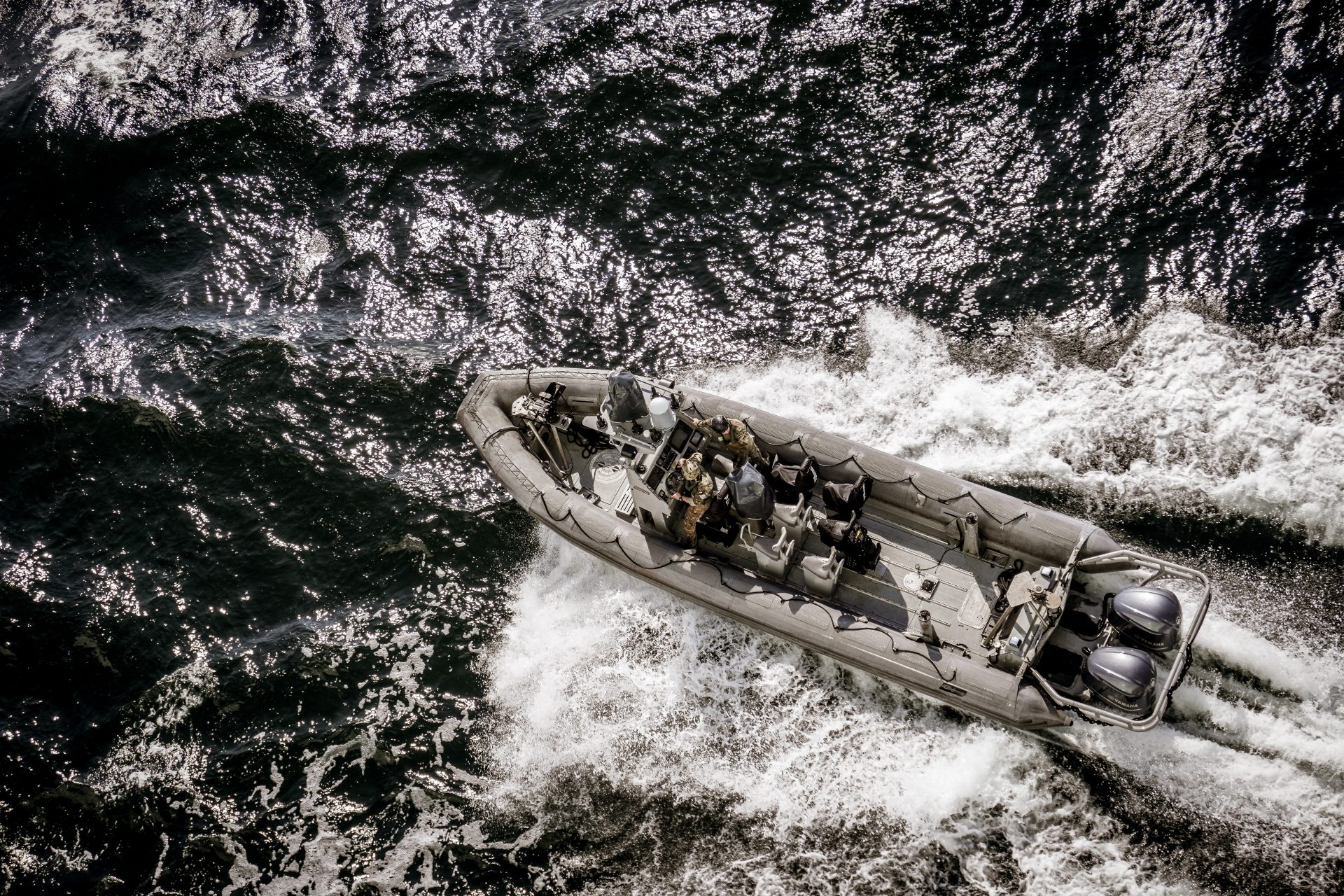Why Putin is unlikely to be arrested even when he’s wanted by the ICC
The question has been brought up since the beginning of the conflict in Ukraine, as soon as the first atrocities allegedly committed by Russian troops came to light: Could Putin be prosecuted for war crimes?
In March, 2023, that scenario became an actual possibility, when The International Criminal Court (ICC) issued an arrest warrant for Putin for alleged war crimes involving accusations that Russia forcibly took Ukrainian children.
And while Russian officials have not denied the arrival of Ukrainian children in the country, they have characterized the children's centers as part of a humanitarian program for abandoned, war-traumatized orphans, NPR reported.
Although the move by The Hague criminal court was praised by many as marking a significant step, analysts also acknowledged the chances of arresting President Putin in the near future are slim.
"The arrest warrant won't have immediate implications because no trial can move forward without Putin being in custody and there's no chance of that happening in the near future," said journalist David Bosco to NPR.
Russia doesn’t recognize the jurisdiction of the ICC. Professor Philippe Sands, an expert on international law at University College London, told the BBC, the ICC couldn't prosecute Russia's leaders because of this reason.
But Russia isn’t the only country that does not accept the jurisdiction of the International Criminal Court in The Hague. The United States, China, India, Cuba, Israel, and Iraq don’t recognize it either.
Erik Larson wrote in The Washington Post: “Barring a regime change in Moscow, the outlook is not good. The ICC does not allow trials in absentia, and the court is unlikely to lay hands on Putin or his lieutenants. It’s up to its member states to make arrests, and Russian officials could always avoid traveling to a country that can turn them over”.
Though it may not seem like it, “even war has rules,” as the International Committee of the Red Cross puts it. These are contained in the Geneva Convention, along with other international laws and agreements.
Civilians cannot be deliberately attacked, nor can the infrastructure that is vital to their survival, according to the Geneva Convention.
Some weapons are banned because of the indiscriminate or appalling suffering they cause, such as anti-personnel landmines and chemical or biological weapons.
The sick and wounded must be cared for, including injured soldiers, who have rights as prisoners of war.
Serious offenses such as murder, sexual abuse, or mass persecution of a group are known as “crimes against humanity” or, in some circumstances, “genocide”.
Unfortunately, it's way easier to pin a war crime on the soldier who commits it, than on the leader who ordered it. So far, there’s been four convicted Russian soldiers, according to justiceinfo.net but no Russian leaders.
However, Josep Borrell, the European Union's High Commissioner for Foreign Affairs, has commented on more than one occasion that if war criminals in the Balkans were brought to justice when it seemed impossible, Russian criminals could also end up in the Court of The Hague.
A good example is Milošević’s case. He faced 66 counts of crimes against humanity, genocide, and war crimes committed during the Yugoslav Wars of the 1990s. He pleaded not guilty to all the charges, but died before his trial ended in 2006.
The dilemma remains whether the president of a country is directly responsible for all the atrocities committed during a war.
For instance, would it have been pertinent to prosecute George W. Bush for war crimes? After all, the former US president promoted the invasion of Iraq where American troops committed documented atrocities.
In fact, humanitarian organizations such as Amnesty International called for the prosecution of Bush and Tony Blair (Prime Minister of the United Kingdom between 1997 and 2007) for war crimes, but they were never prosecuted.
It is true that Putin has not stopped his artillery fire on cities like Mariupol or Odesa, where many civilians have died. Crime of omission, or simply the cruelty of any war?
The atomic horror of the bomb dropped on Hiroshima by the United States is always at the center of the moral debate about what is or is not considered a war crime. Was the killing of 200,000 people (the vast majority of them civilians) a war crime or an inevitable military action?
In the same way, Putin is seen by the United States and many European countries as the perfect villain, but in other latitudes, his quarrelsome attitude in defense of a great Russia has heroic overtones. Will he end up in prison as a war criminal? It is unlikely, but not impossible.
More for you
Top Stories



































